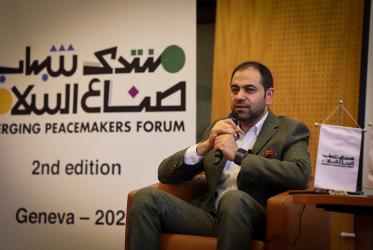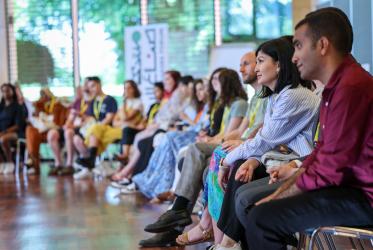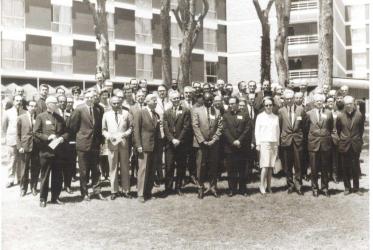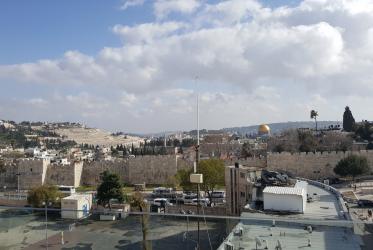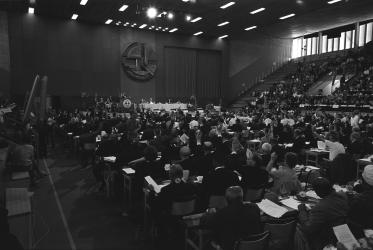Displaying 1 - 20 of 63
Dr Saïd Ailabouni: God is on the side of rejected, oppressed, occupied
12 September 2019
Workshop in Jamaica focuses on human rights
16 May 2019
#WCC70: From ecumenical seeds
11 September 2018
#WCC70: A night talk with Fidel Castro
06 September 2018
#WCC70: A story of life
07 June 2018
